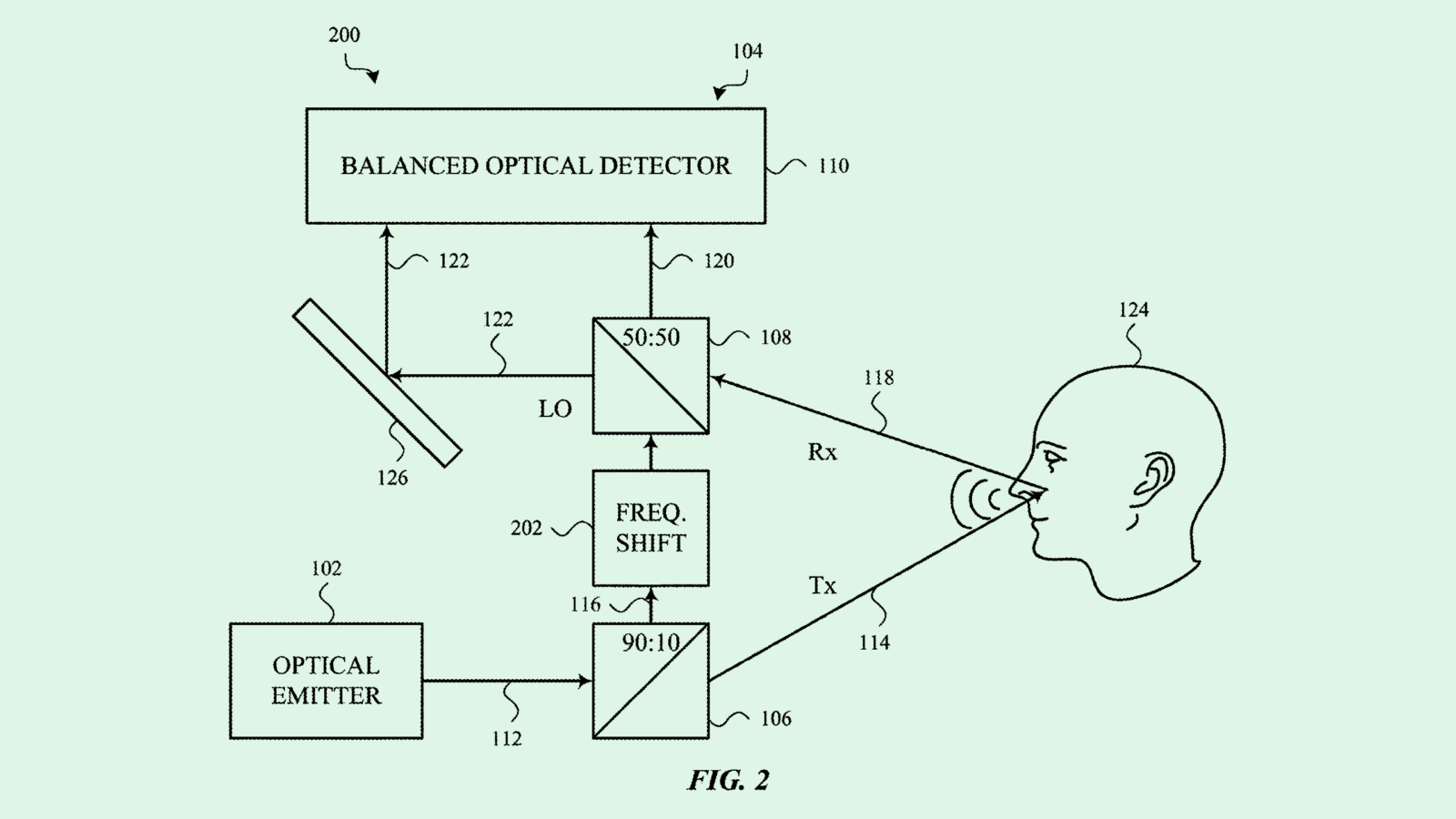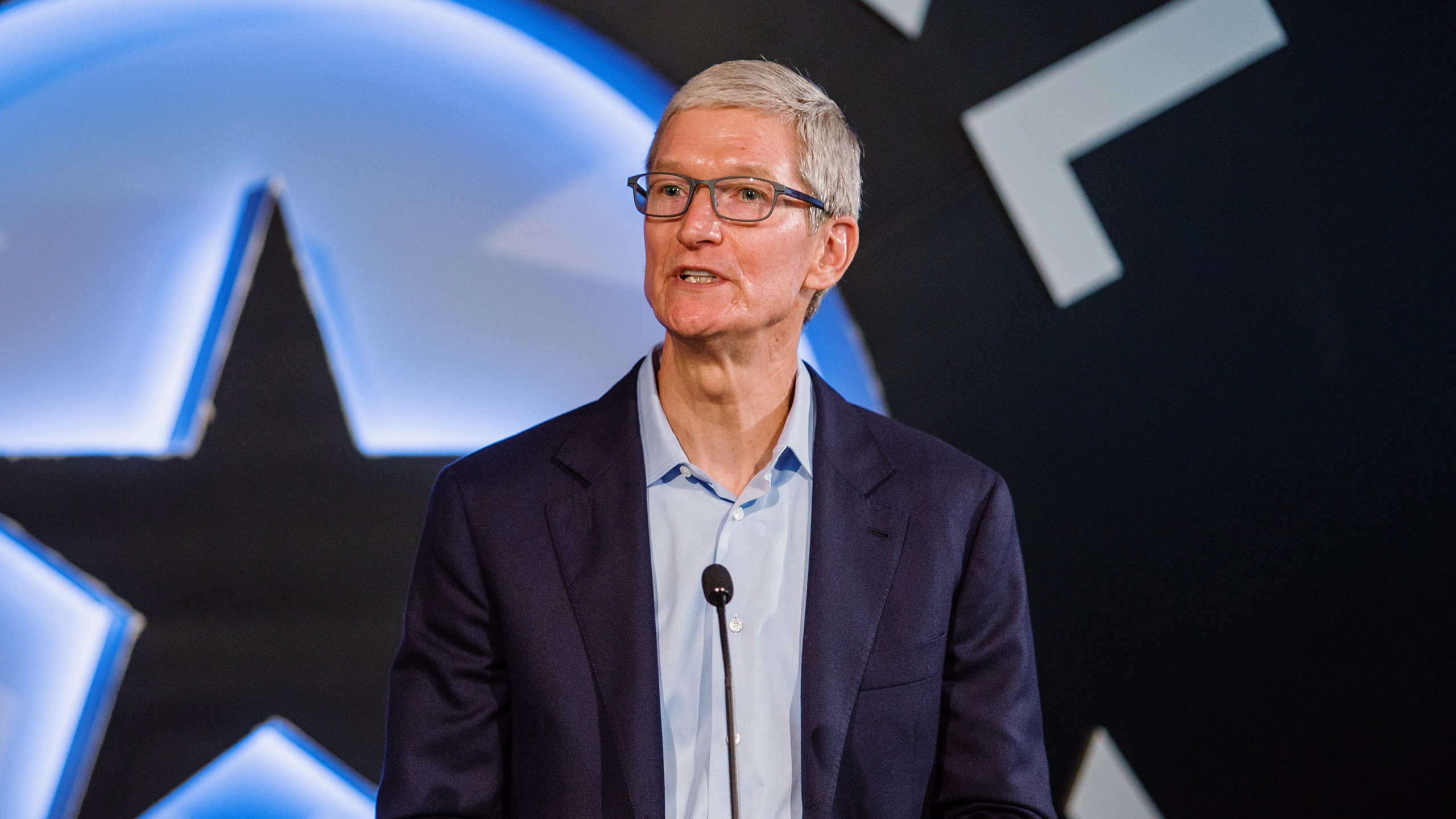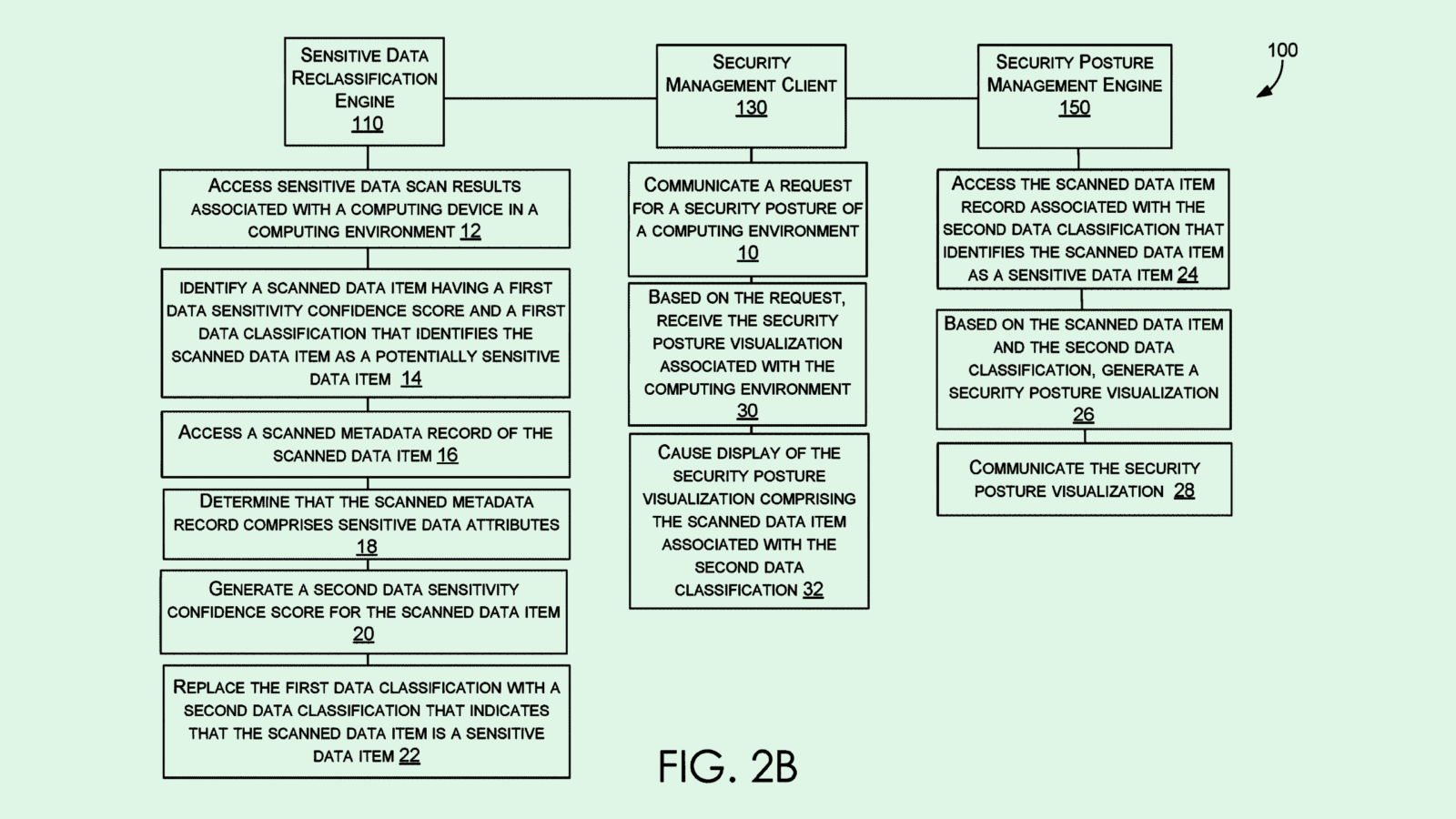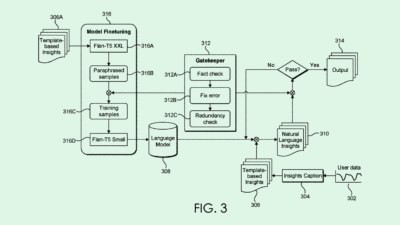Apple’s AI Waiting Game May Finally Be Over
Apple’s been biding its time on AI. Don’t count it out of the race.
Sign up to uncover the latest in emerging technology.
Over the past year, the tech industry has been on an AI rampage. Apple, meanwhile, has played the waiting game.
While companies like Google, Meta, and Microsoft have pressed ahead with developing AI models, forging partnerships, and building integrations throughout their offerings, Apple has remained mostly quiet. While many perceive this as losing ground, experts told Patent Drop that the company is watching and learning.
Though much of Apple’s AI work goes on behind the scenes, the company is preparing a bevy of announcements to debut at its Worldwide Developers Conference, reportedly including things like on-device model processing and AI-enhanced Siri. In an interview with Reuters in May, CEO Tim Cook said “we continue to feel very bullish about our opportunity in generative AI and we’re making significant investments.”
Apple’s strategy thus far may signal that slow and steady can win the race. “I would say there’s kind of a misconception that Apple is lagging behind,” said Ido Caspi, research analyst at Global X ETFs. “Apple has been quieter about its AI initiatives, but we don’t really see this as a disadvantage.”
WWDC Smackdown
Rumors have swirled for months about what’s in store for Apple’s conference, and AI is expected to be front and center. It’s expected that the company will announce on-device AI integrations throughout iOS 18 – reportedly dubbed “Apple Intelligence” – used for everything from photo editing to message recaps to auto-generating custom emojis. Apple may also debut the integration of a large language model into its Siri voice assistant, allowing for natural conversation and personalization.
The company’s patent applications may also offer a peek behind the scenes. Apple’s patent activity is riddled with machine learning-powered inventions throughout its devices. Obtaining grants for these inventions can only support its position in the AI devices market by locking out competition. Some of the IP it’s sought includes:
- A patent for an AI model that “procedurally tailors itself” to applications, allowing it to adapt to whatever context it’s needed in;
- Patents for optical detection and directional voice sensing, “attention detection,” and “multi-mode voice triggering” that give it a better sense of a user’s voice and physical state;
- And a neural network-based system to “generate photorealistic images of human faces.”
The crux of Apple’s AI work is creating a better user experience, said Thomas Randall, advisory director at Info-Tech Research Group. The average consumer isn’t all that interested in optimizing their lives with AI, Randall noted. In fact, according to a survey from Pew Research Center, concern about the tech often outweighs excitement.
However, Apple’s M.O. has long been its seamless user experience. The company likely isn’t going to integrate AI models just to keep up with the Joneses, but will instead plug it in where it can make the end user’s life easier, Randall said. “I think the best kind of AI is that which you don’t even realize you’re using,” he said. “But I think consumers are not necessarily explicitly asking for it.”

One of the most anticipated announcements, however, is who the company will choose as its partner. Apple has reportedly spent months entertaining partnership opportunities with both OpenAI and Google. Either of these deals could be incredibly lucrative for Apple, said Caspi. “Apple’s going to be generating tons of revenue from these third parties that want to implement their features on their devices,” Caspi added.
“At the end of the day, all investors really care about is monetization from AI,” Caspi added. “And I think that, for the second half of this year, we’re really going to start to see Apple’s top-line revenues be boosted by AI, even if it’s not their own.”
Reports late last week claim that the company is moving forward with OpenAI to bake ChatGPT-like chatbots into Apple devices. The deal will likely cement the company as the “No.1 frontrunner,” said Kathleen Perley, professor of AI at Rice University’s Jones Graduate School of Business. “Apple’s almost like the prom queen who has two suitors,” Perley added.
“Keys to the Kingdom”
If anything gives Apple a leg up, it’s customer loyalty. The company’s product ecosystem exists inside a walled garden: Once a user has one device, it’s easy to add on more (and cumbersome to stray outside of the Apple brand). Plus, Apple has long held the top spot in market share for smartphone sales – at least until Samsung usurped the company in April.
So long as the user experience itself is seamless, this widespread distribution stands to be a major benefit, said Perley. “The two ways to succeed in this AI race are really strong technical prowess and UX/UI experience for the users, and distribution and ease of adoption,” she said. “Apple kind of holds the keys to the kingdom.”
Another thing that sets Apple apart is trust. One of the company’s main selling points is its emphasis on privacy, allowing it to get to know its users inside and out. And given that many consumers don’t trust AI – and Apple reportedly aims to do a lot of its processing on-device – this privacy emphasis could make users feel more comfortable.
“Apple’s really going to be the leader in edge AI, the kind that’s on the devices that are in people’s pockets,” said Caspi. “This is really something that we think the market is underestimating.”
However, given Apple’s access to a vast amount of user data, its commitment to privacy may be a double-edged sword. To eschew privacy concerns, the company won’t build user data profiles and will create reports showing that user information is being sold or read, Bloomberg reported last week.
And though the company’s partnerships will likely power its AI products for now, research papers and open-source models released earlier this year show that it likely has its own models in store. While this user data could help the company create incredibly powerful AI products, mishandling it could put both user data privacy and user trust at risk.
“If (Apple’s) got all this data, that’s great. But can they leverage it appropriately and responsibly so that users get the user experience they’re after?” Randall said. “If it doesn’t translate, then it’s for naught.”
Plus, in a period of seemingly exponential AI advancement, Apple has a lot to live up to, said Caspi. Apple is one of the most valuable companies in the world, just behind Microsoft and now Nvidia, Caspi noted, and one of the few that has yet to make a big splash in AI. With all eyes on Apple, “if they somehow come out and underdeliver, I think that’s going to be viewed very negatively,” he said.












